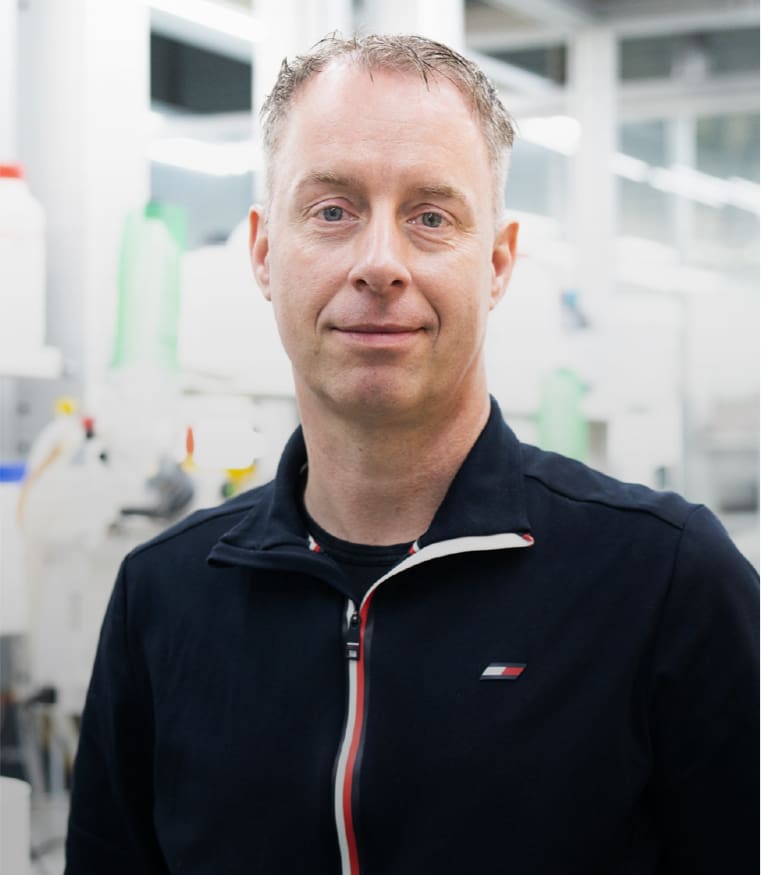Ni-Catalyzed Decarboxylative Silylation of Alkynyl Carbonates: Access to Chiral Allenes via Enantiospecific Conversions
A Ni-mediated decarboxylative silylation of alkynyl cyclic carbonates used as versatile propargylic surrogates is reported affording a wide range of highly substituted 2,3- and 3,4-allenol products in good yields. The formal cross-coupling between a tentative intermediate Ni(allenyl) and the silyl reagent was further extended to enantiospecific conversions providing access to chiral allene synthons. This protocol marks the first Ni-catalyzed propargylic silylation proceeding through an SN2′ manifold.

Guo, K.; Zeng, W.; Villar-Yanez, A.; Bo, C.; Kleij, A. W.
Org. Lett. 2022, 24 (2), 637–641
DOI:
10.1021/acs.orglett.1c04086

Let's create a brighter future
Join our team to work with renowned researchers, tackle groundbreaking
projects and contribute to meaningful scientific advancements




















